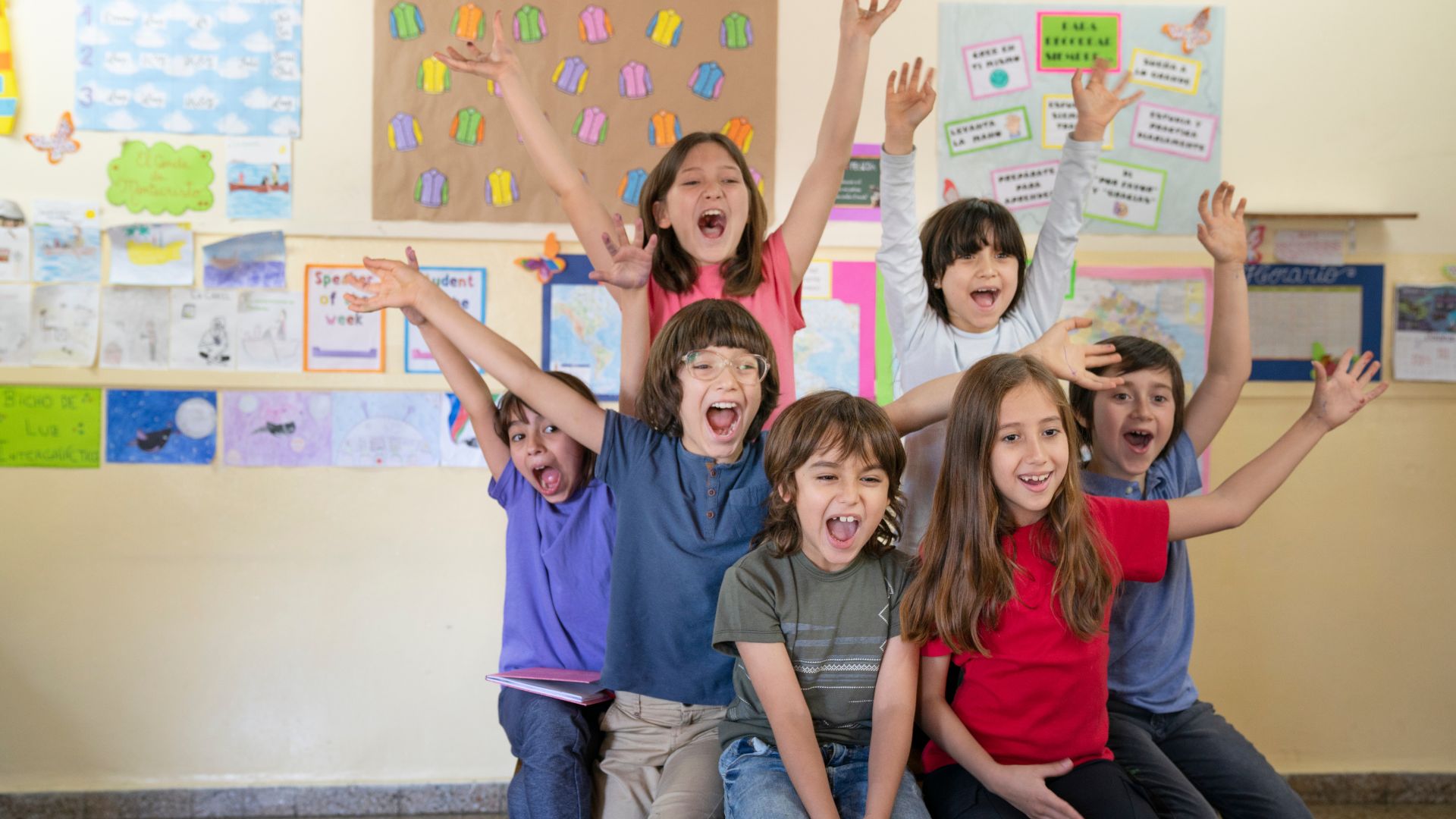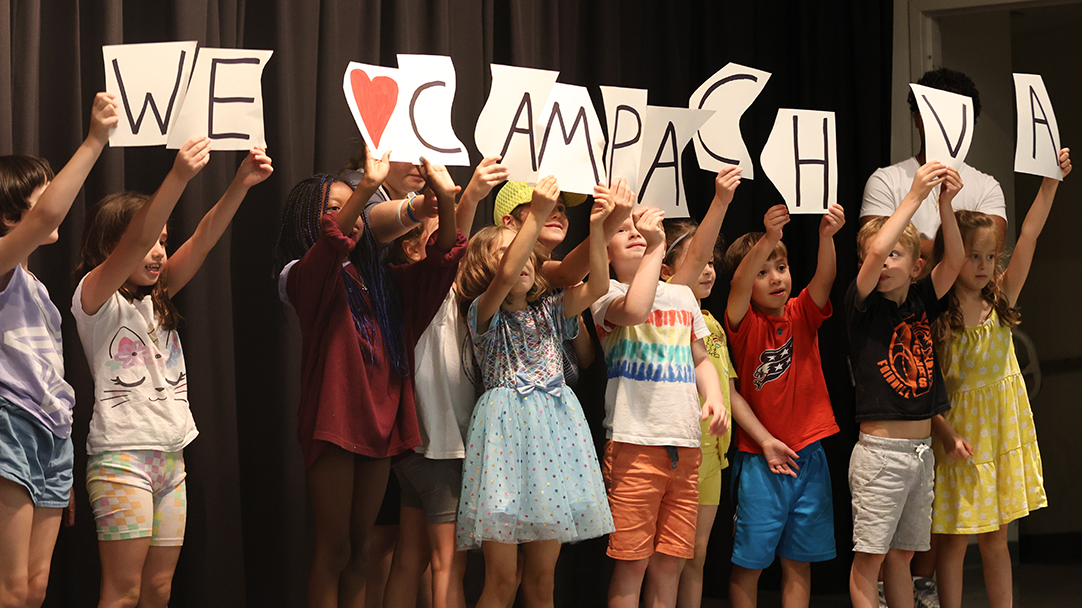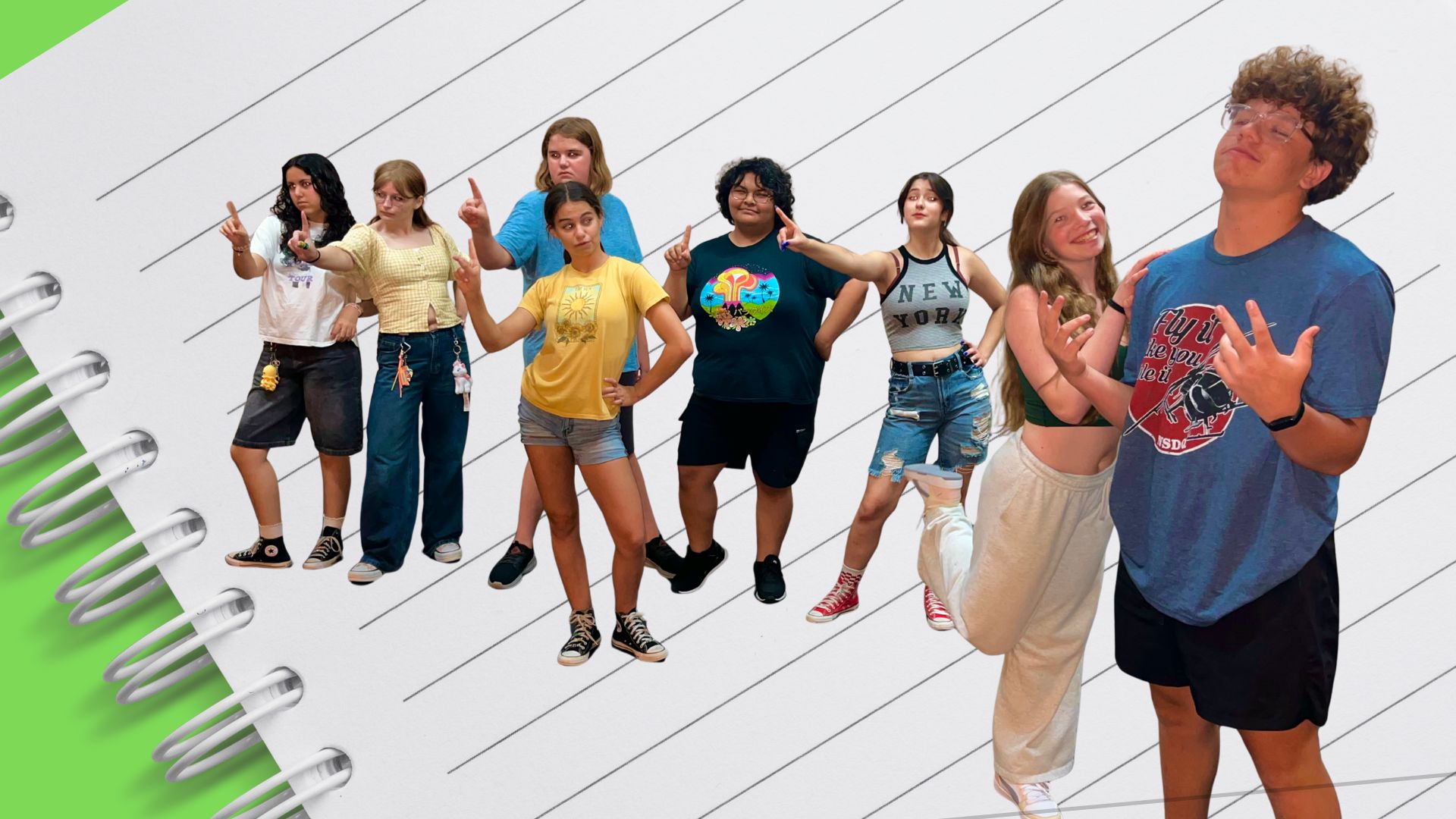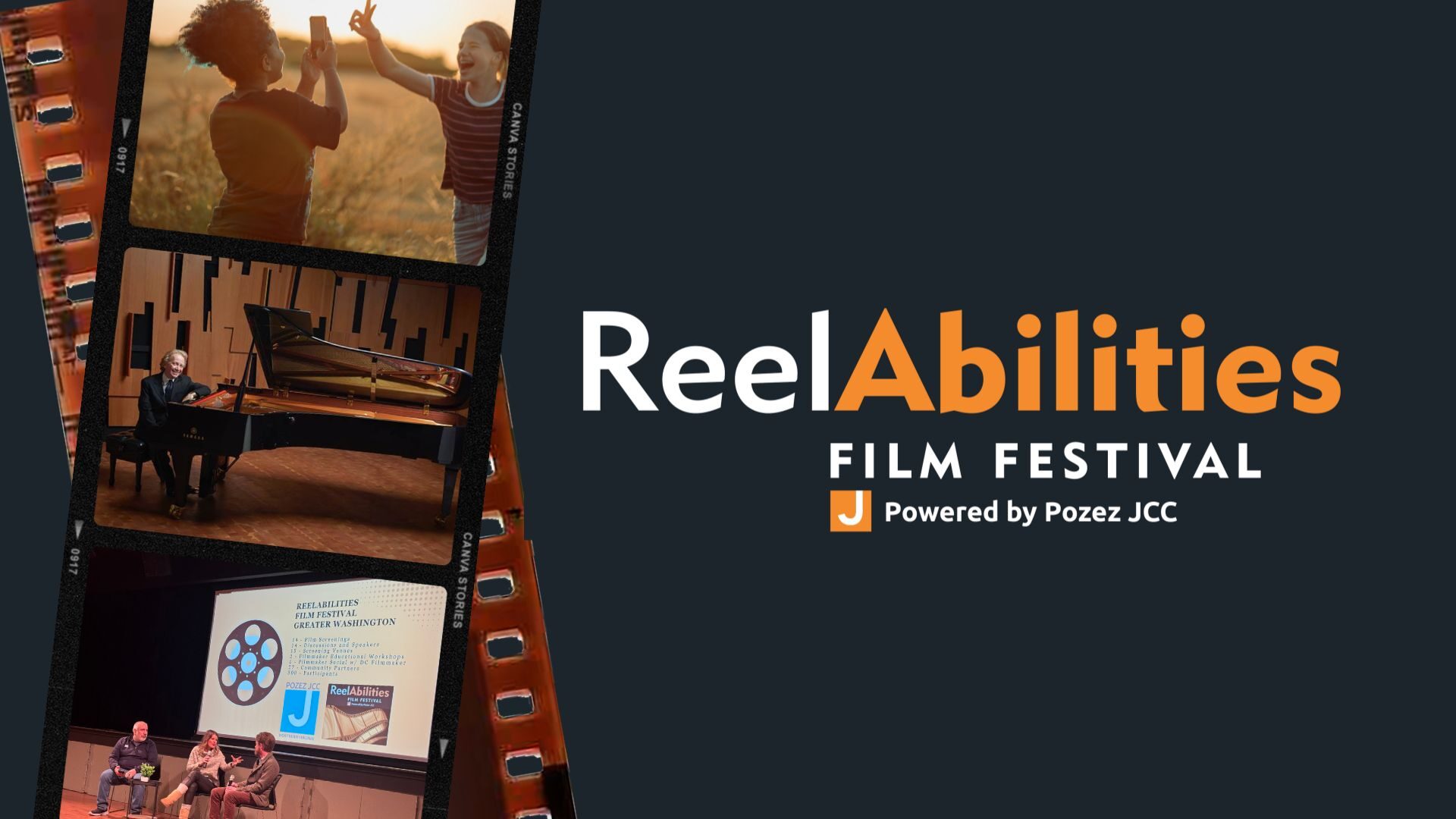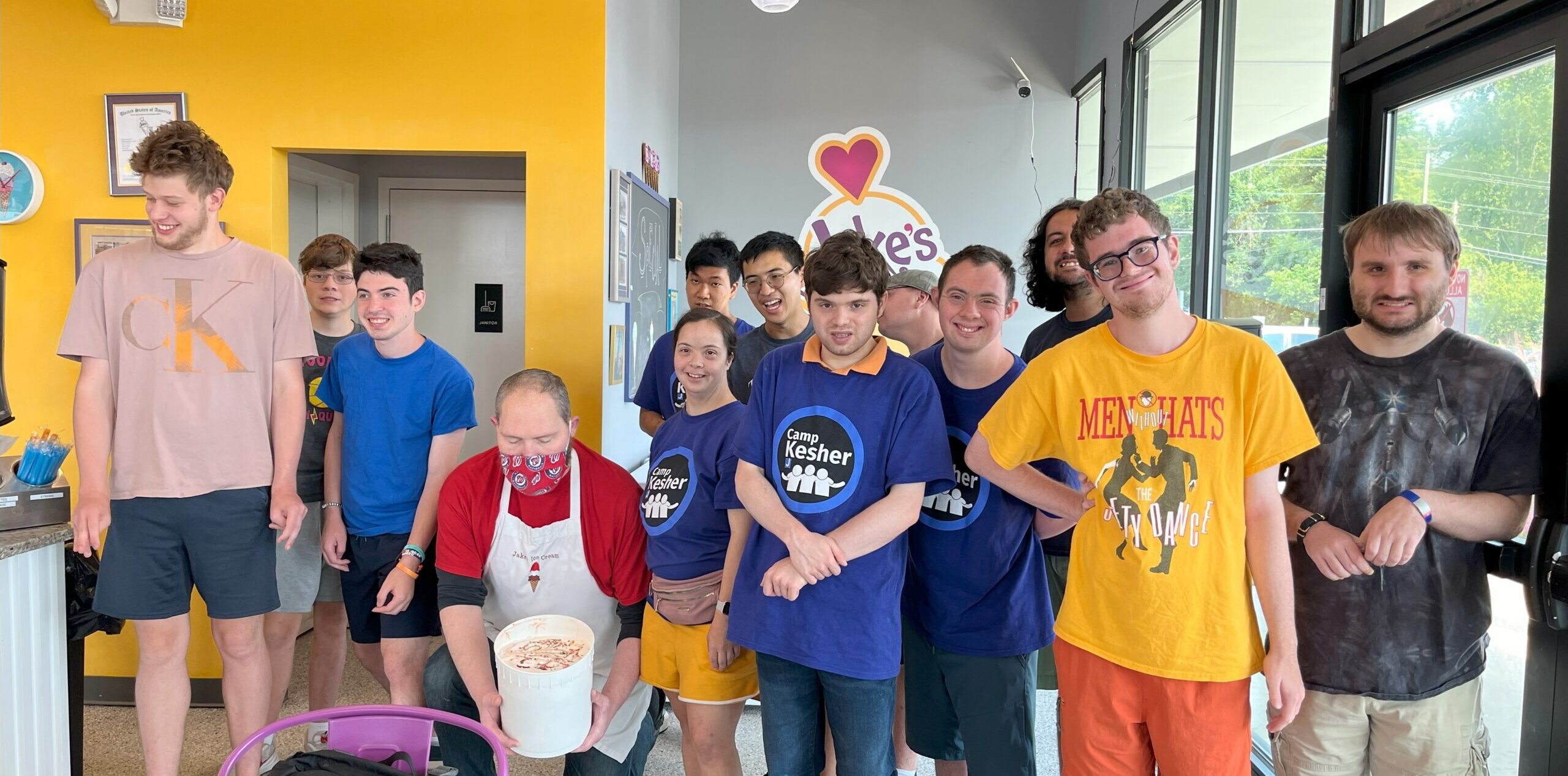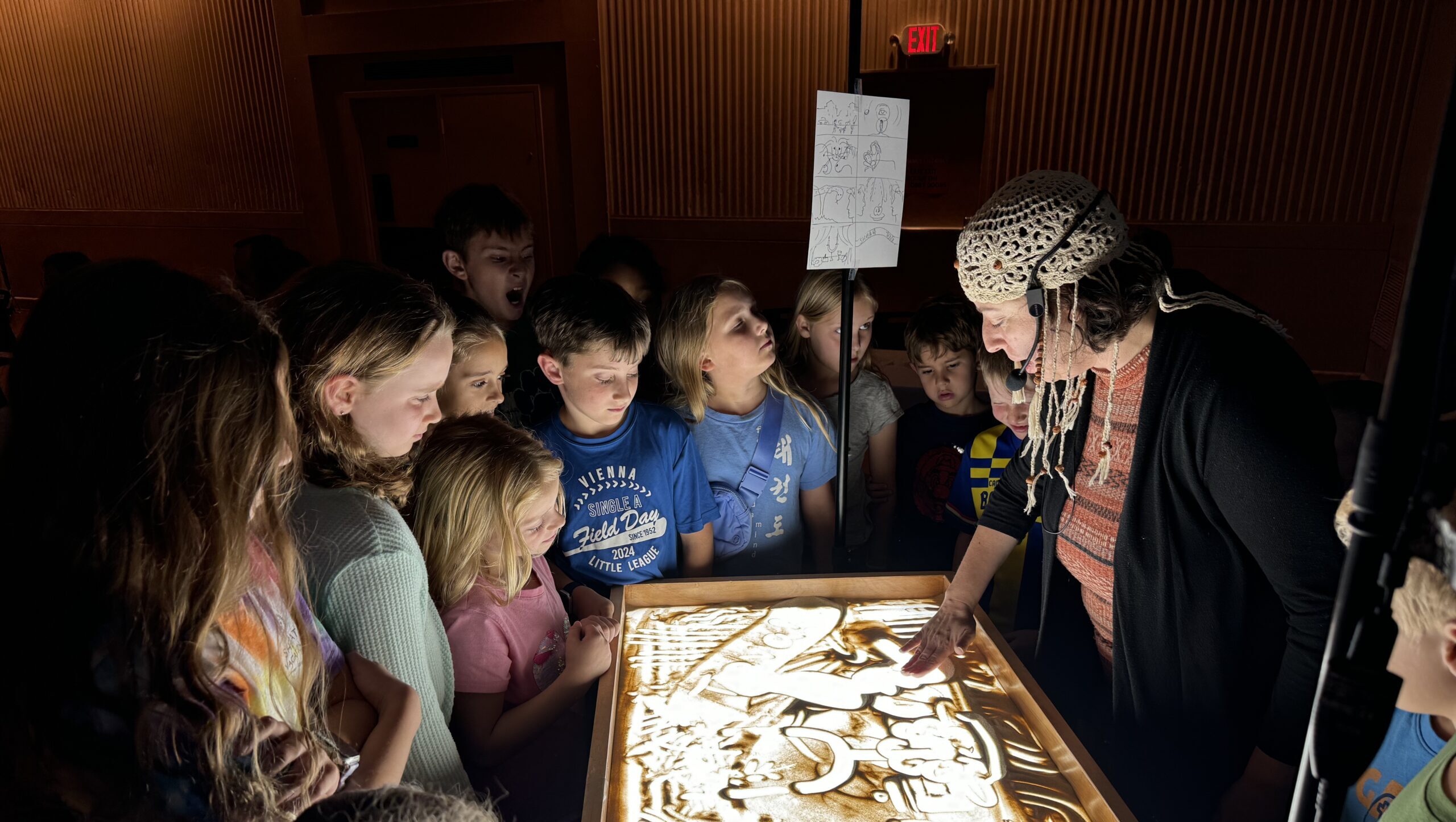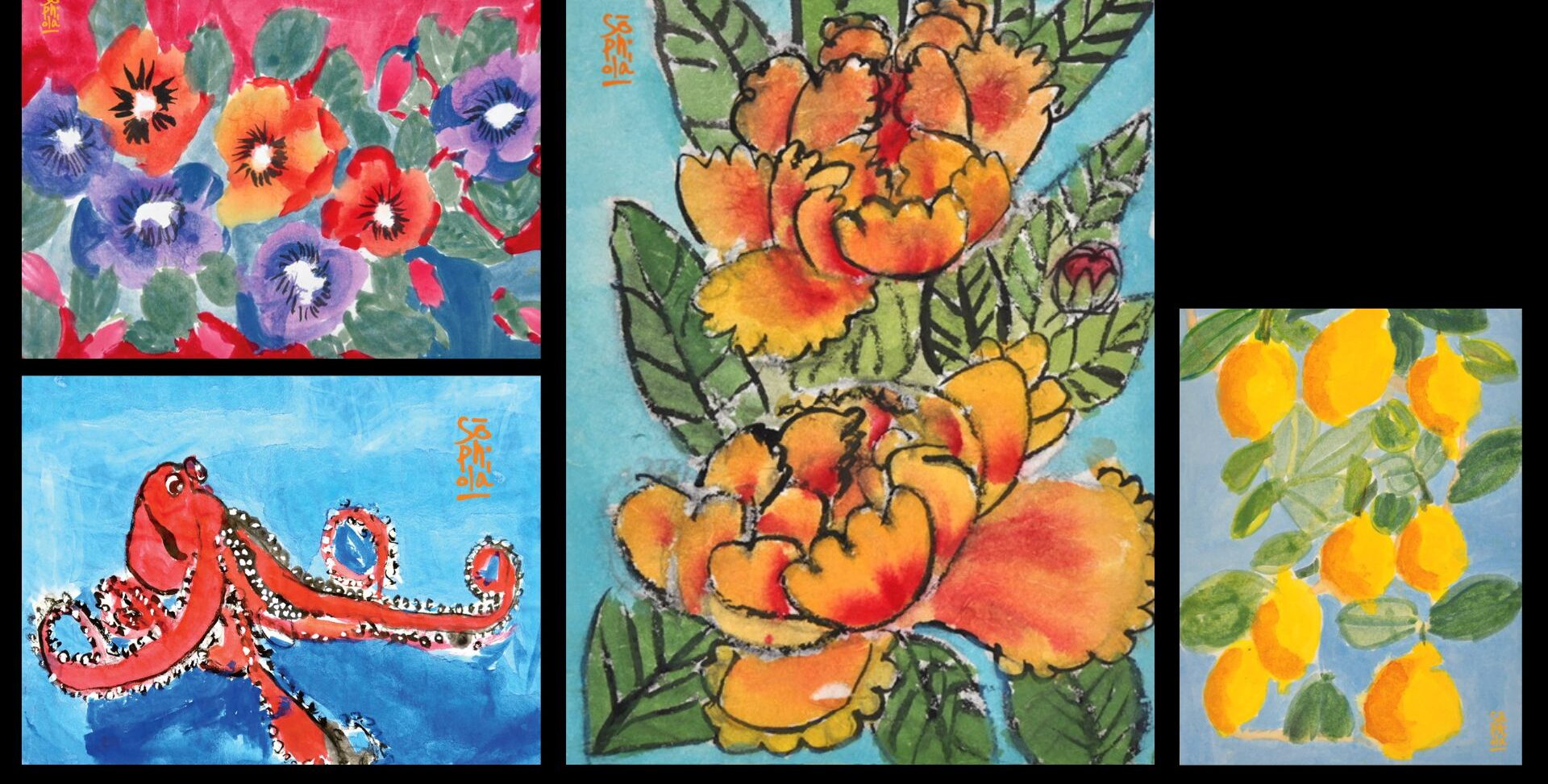Working with the inclusion and disability community is more than just a job for me—it’s a passion that has shaped my professional life for over 15 years. From the moment I started teaching social skills classes at the Pozez JCC, I knew I had found a space where I could make a genuine impact. My goal has always been to empower individuals to build meaningful connections, but what I’ve discovered is that my students have taught me just as much as I’ve taught them.
A great deal has been written and studied about the importance of social connections for a person’s well-being. However, many Autistic and Neurodivergent people face unique challenges in developing these skills. The nuances of social interaction, such as interpreting nonverbal cues or engaging in small talk, can be intimidating, making it hard to form meaningful relationships with neurotypical peers and thrive in a neurotypical world. For these reasons, the Pozez JCC offers social skills classes to develop and practice these essential life skills.
Social skills classes for children and teens are held weekday evenings and Sunday afternoons throughout the school year. The groups are designed for children and teens ages 3-15 who have been diagnosed with autism, ADHD, or who, for other reasons, have been observed and assessed to benefit from direct instruction to support their social/emotional development. The purpose of these groups is to strengthen fundamental social skills and foster social-emotional learning through active play and recreation.
The different classes are separated by age. There is also a class just for adolescent girls. Some topics covered in the classes include self-acceptance, self-advocacy, coping with emotions, developing and maintaining friendships, and responding to verbal and non-verbal cues in social situations.
Classes are individualized to meet the needs and interests of the students in each session, and therefore, each class and session is unique. The philosophy of each class is grounded in the CASEL framework, which views social emotional learning as foundational to education and development and suggests it is comprised of 5 core competency areas, including self-awareness, self-management, social awareness, relationship skills, and responsible decision making. Each topic discussed in JCC’s social groups is designed to target one or more of these competency areas. Topics are introduced and reinforced through the use of stories, media examples, and interactive games. Opportunities for kids to build their sense of self and skills related to self-expression through interactive art and play are offered each week. Additionally, participants are encouraged to apply what they learn each week at home by completing a weekly take-home challenge. Ultimately, it is the goal that every student who comes to social skills classes at the JCC feels that they are safe, welcomed, and belong so that, in this space, they may build confidence and learn specific language and strategies that they can then apply in their lives at school and the wider community.
Having been involved in the neurodiversity space for over 15 years, I consider teaching these groups one of my most rewarding experiences. There are several students who come back every session and really experience a sense of belonging and community in these groups. I have had parents report that they have seen improvements with their ability to interact positively with their peers at school as well as their abilities to notice and appropriately act and advocate to meet their own needs throughout the school day. As much as I take pride in what I have been able to teach these students, I am constantly humbled by how much they teach me. These students are resilient, intelligent, creative, humorous, and energetic. It is my sincere pleasure to collaborate with them and their families to ensure that they are able to fully convey their many strengths to those fortunate enough to share in their social space.
Support the Program
The Pozez JCC’s inclusion and disabilities services program provides crucial support to neurodivergent individuals, helping them build essential social skills and find a sense of belonging. Your contribution today will directly support these life-changing opportunities, helping us continue to provide a safe and welcoming space where every individual can feel valued and connected. Donate







